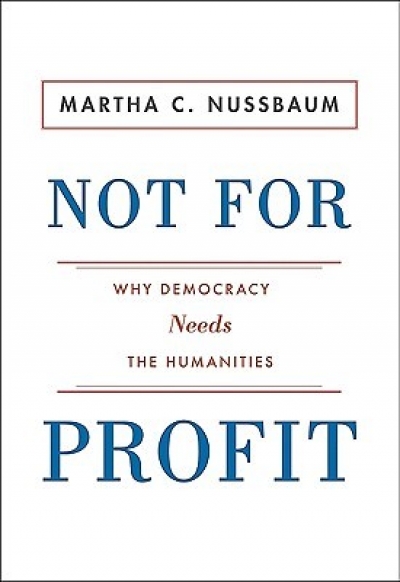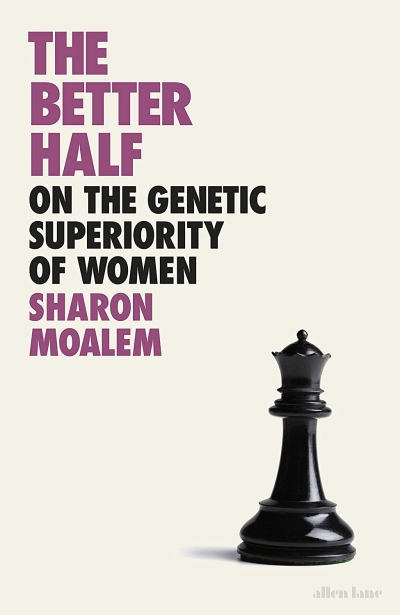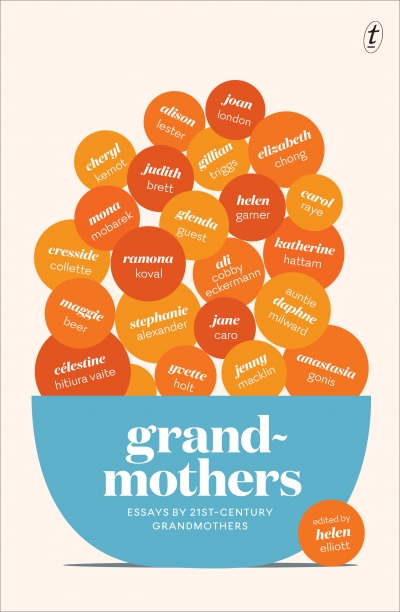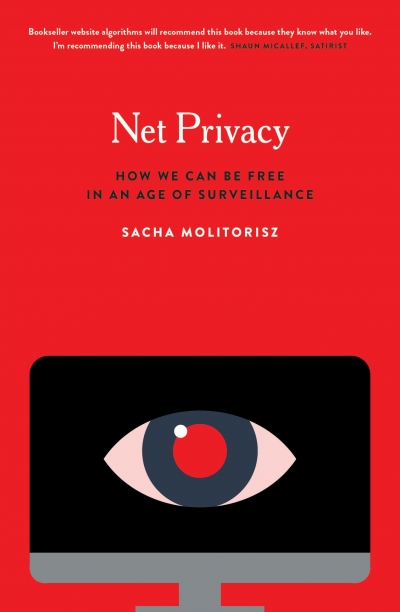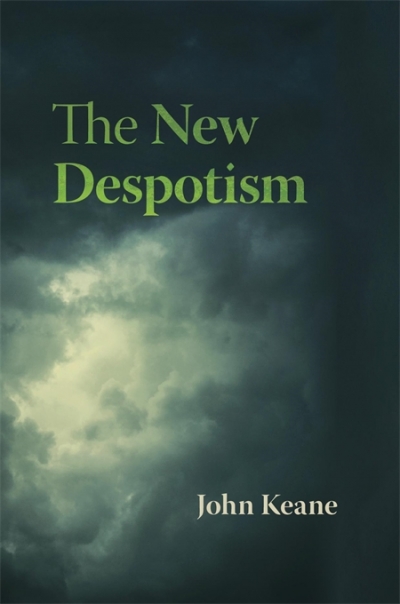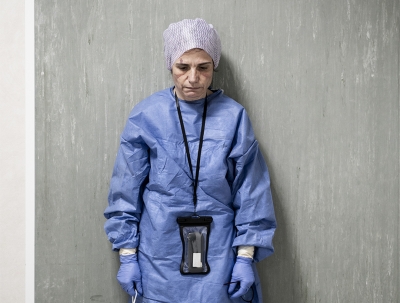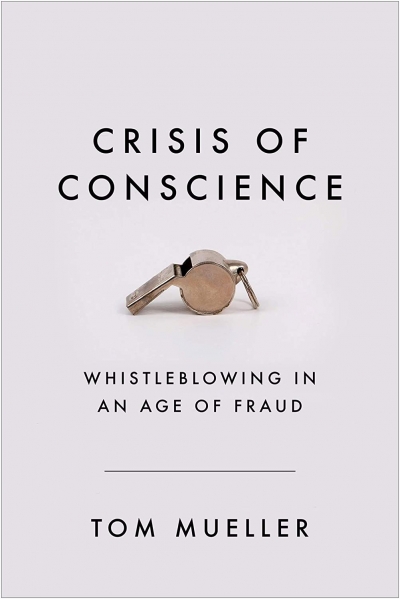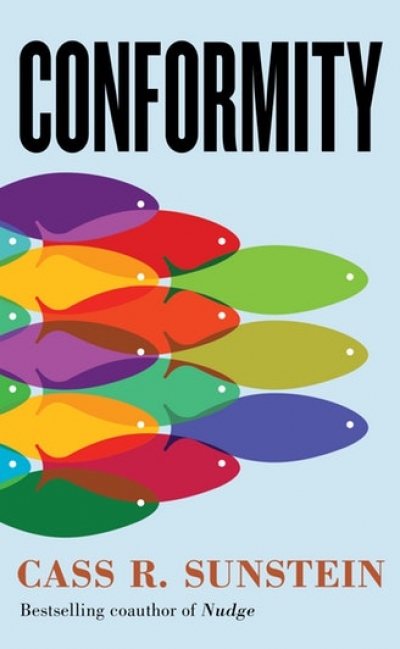Society
A curse on art, a curse on society: Government contempt for the ABC, the arts, and the academy
It is curious the way certain books can insinuate themselves into your consciousness. I am not necessarily talking about favourite books, or formative ones that evoke a particular time and place, but those stray books that seem to have been acquired almost inadvertently (all bibliophiles possess such volumes, I’m sure), and taken up without any particular expectations, books that have something intriguing about them that keeps drawing you back.
... (read more)Not For Profit: Why democracy needs the humanities by Martha C. Nussbaum
The Better Half: On the genetic superiority of women by Sharon Moalem
Grandmothers edited by Helen Elliott & A Lasting Conversation: Stories on ageing edited by Dr Susan Ogle and Melanie Joosten
Net Privacy: How we can be free in an age of surveillance by Sacha Molitorisz
I was operating when it arrived. Between patients I read the email hastily. It concerned an article from surgeons at Stanford University. Along with colleagues in the United States, Italy, China, and Iran, they were reporting an increased risk of death from Covid-19 among otolaryngologists, neurosurgeons – and ophthalmologists, like me. Surgery around the nasal passages or other mucous membranes of the face seemed to release a potentially lethal aerosolised load of the SARS-CoV-2 virus. Among the casualties were surgeons in their thirties.
... (read more)Crisis of Conscience: Whistleblowing in an age of fraud by Tom Mueller
Conformity: The power of social influences by Cass R. Sunstein
During my first month as a trainee journalist at The Sun-Herald newspaper in Sydney, I went on strike. It was the year 2000, and the newspaper enjoyed a full roster of reporters and photographers dedicated solely to one edition each Sunday, yet even during this well-resourced period there were inklings of the headwinds to come.
... (read more)

